Hypertension is a condition that very many people are afflicted with and which doubles the possibility of developing other risky ailments such as heart ailments, stroke, and kidney complications. Despite taking medication, you can also follow natural ways to manage high blood pressure in your day to day life. Check out ten effective steps to reduce high blood pressure and improve your heart health without the need for drugs.
Table of Contents
Toggle1. Adopt a Heart-Healthy Diet
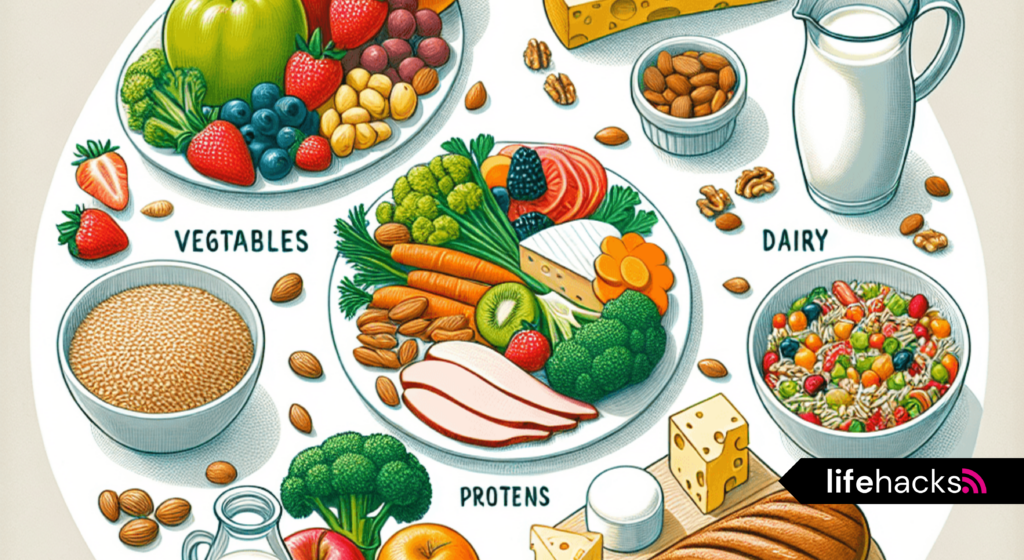
In one way, identifying and avoiding certain foods can go a long way in bringing down blood pressure levels. The commonly recommended dietary patterns include; The Dietary Approaches to Stop Hypertension (DASH) diet to those who want to manage their hypertension. DASH diet encourages consumption of salads, fruits, vegetables, lean meats and low-fat dairy products and whole grains. It also important to limit sodium intake to 1,500-2,300 mg per day since increased levels of sodium put pressure on the blood pressure.
2. Exercise Regularly
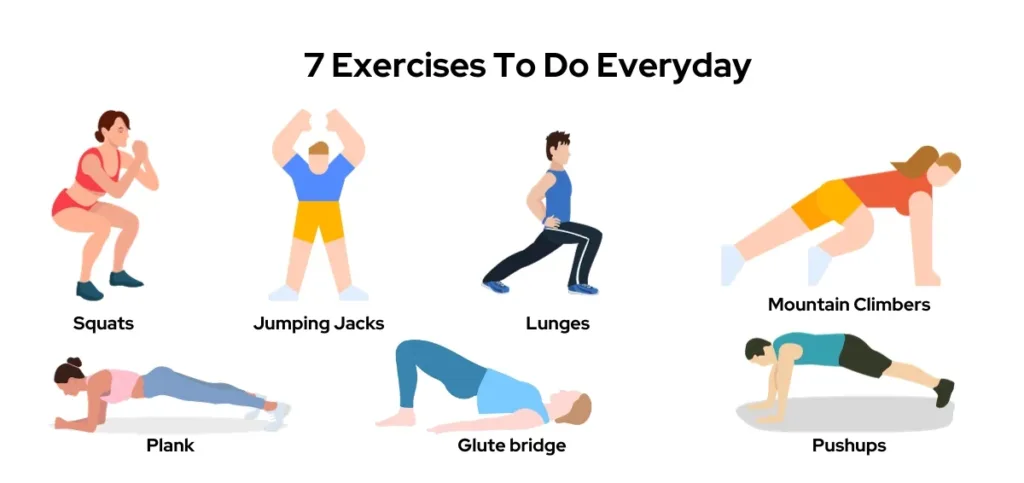
It then becomes clear that one of the most important aspects of managing high blood pressure is through physical activity. Cook heart-healthy meals and snacks, choosing a diet that fulfills the recommended 5-A-Day of fruits and vegetables plus allowing at least 150 minutes a week of moderate activity like brisk walking, bike riding or swimming. The heart consumes oxygen during exercises and the oxygen is put to proper use hence reducing pressure on arteries and thus regulating high blood pressure.
3. Lose Excess Weight

Excess weight, especially around the waistline, can put pressure on the blood vessels, increasing blood pressure. Losing even a few pounds can have a significant impact on your blood pressure. Reducing your weight also improves heart function, which helps stabilize blood pressure levels.
4. Limit Alcohol Intake
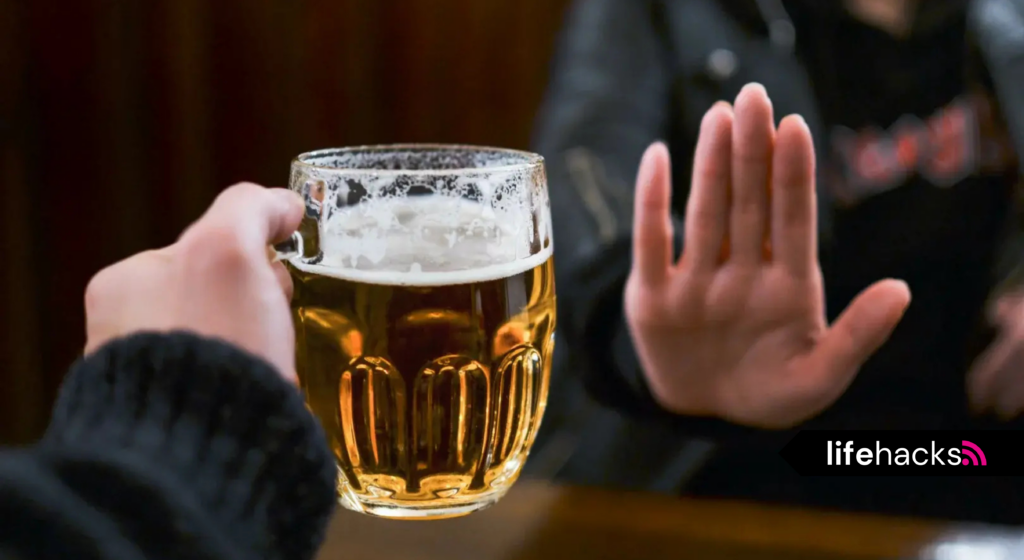
While moderate alcohol consumption may have some heart benefits, excessive drinking can raise blood pressure and lead to other cardiovascular issues. Limiting alcohol to no more than one drink per day for women and two for men can help keep blood pressure under control.
5. Reduce Stress Through Mindfulness and Relaxation Techniques
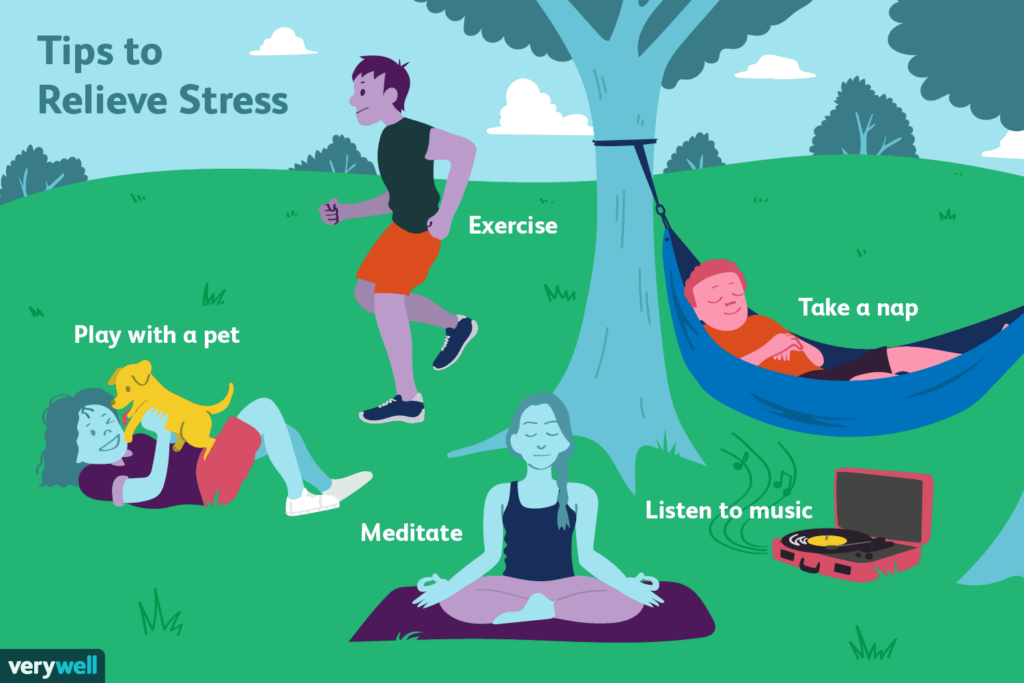
Chronic stress can contribute to high blood pressure. Adopting stress-reduction techniques such as deep breathing exercises, meditation, or yoga can help you relax and reduce your blood pressure. Practicing mindfulness or even short daily meditations can make a significant difference over time.
6. Quit Smoking
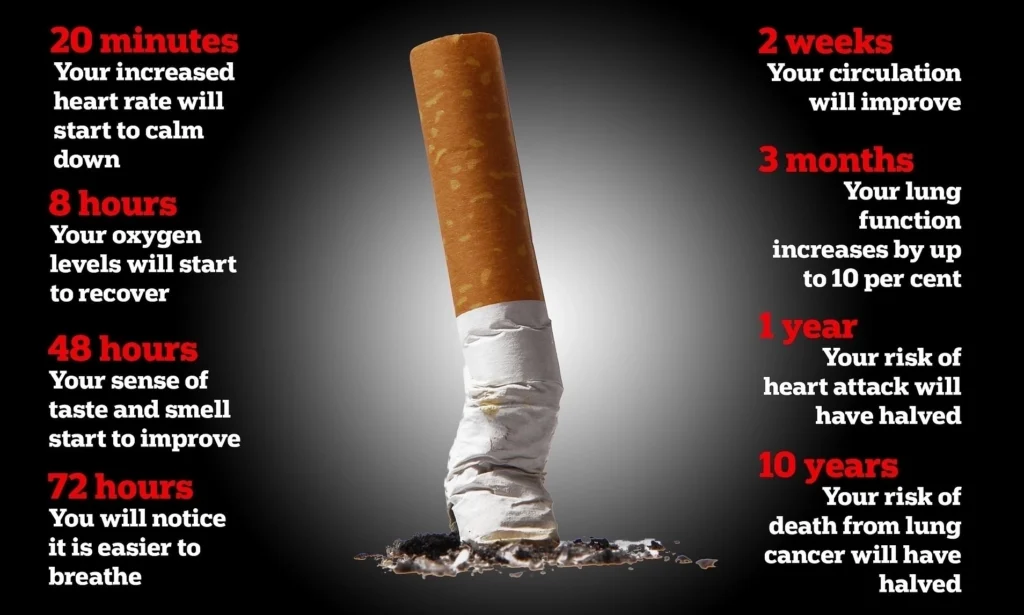
Smoking produce an immediate, temporary rise in blood pressure. With continued use, the chemicals in tobacco cause unfavorable changes in the blood vessels by irritating their lining, leading to contracting of arteries which hikes blood pressure. Smoking cessation is important in decreasing blood pressure, together with enhancing the rest of blood vessels’ health.
7. Cut Back on Caffeine
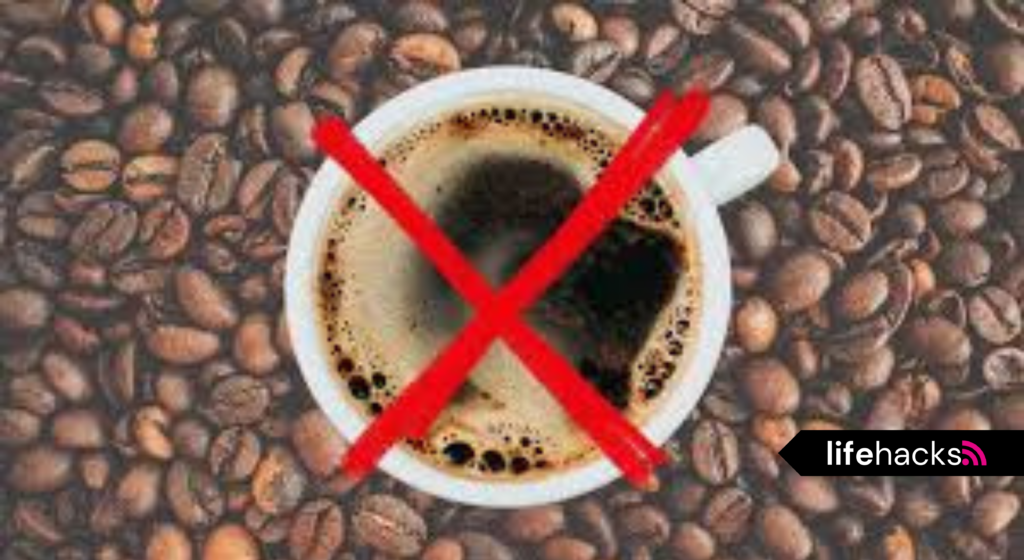
For those sensitive to caffeine, even a small amount can raise blood pressure. To see if caffeine affects you, check your blood pressure 30 minutes after drinking coffee or a caffeinated beverage. If your blood pressure rises, consider limiting or avoiding caffeine.
8. Increase Potassium Intake
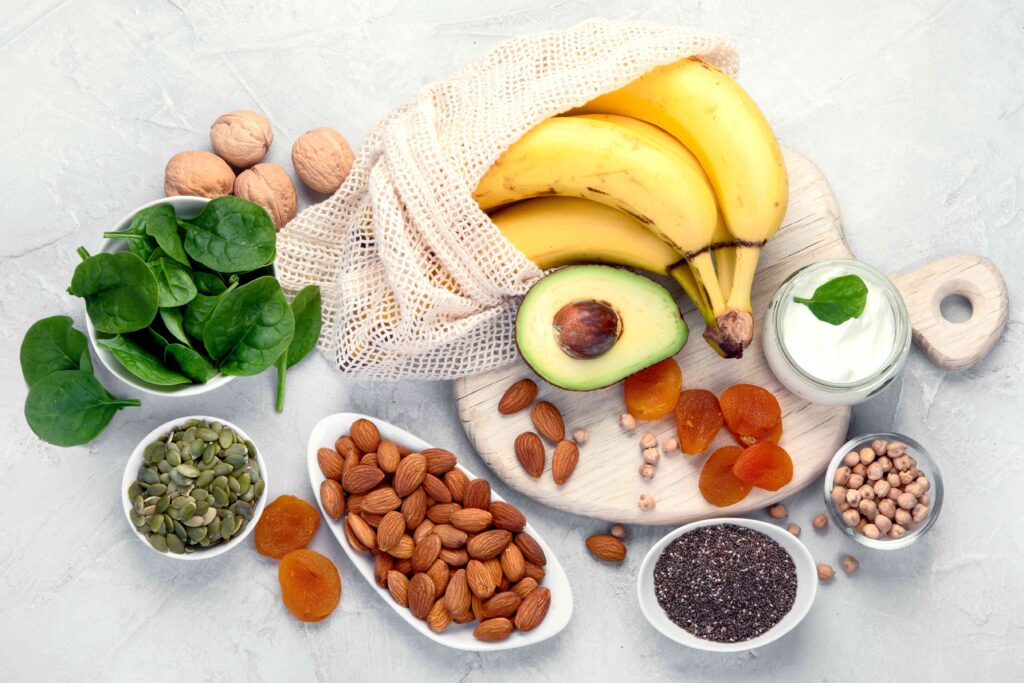
The mineral Sodium found in blood pressure control is balanced by the minerals, potassium is helpful at reducing pressure. The other compounds associated with low potassium levels include fruits such as bananas and oranges, root crops like potatoes, vegetables like tomatoes, as well as green foliage foods such as spinach. Taking potassium from food sources not supplements can help to lower blood pressure.
9. Monitor Your Blood Pressure Regularly
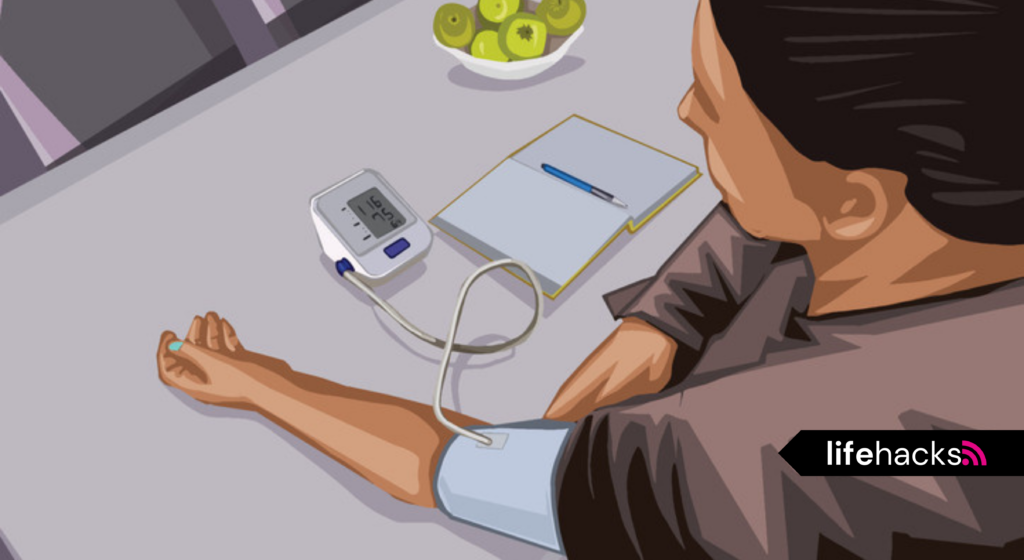
If you monitor your blood pressure regime at home, this method can help you understand how your changes in lifestyle impact your health. This way you may establish patterns that would suggest that a specific change in your daily behavior is required. Monitoring your blood pressure can also be useful in evaluating your condition because your doctor can see how it has changed.
10. Get Quality Sleep
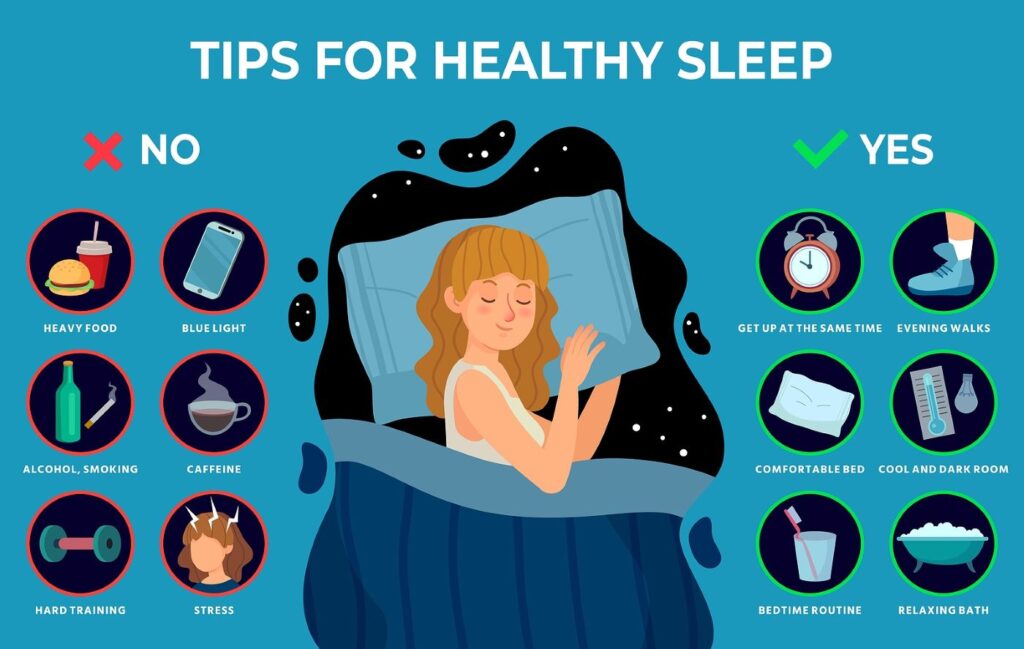
Lack of sleep is a recognizable risk factor for raised blood pressure. Try to get between 7 and 8 hours of sleep each night to get your blood pressure back into line. Cognitive measures to achieve better sleep hygiene, including getting in bed at a regular time, making the bedroom conducive for sleep and avoiding stimulants like electronic devices near bedtime — may help to enhance the quality of sleep and in-case lead to reduced pulse pressure.
Also Recommended Read : Bright Light Therapy Might Help In Treating Depression: Study
Summary
Although this may present a convenient way through which to manage high blood pressure, there are natural ways of handling it and are also helpful in treatment. These include eating a low-fat diet, exercising, avoiding smoking, reducing alcohol consumption and controlling stress which will in the process reduce high blood pressure. A good approach is to seek the help of a doctor in order to make recommendations for your individual health plan.